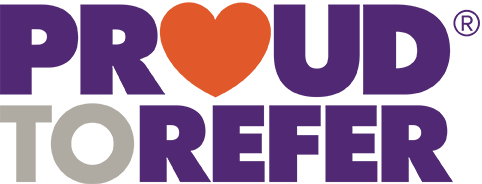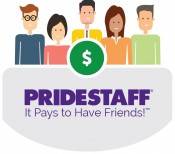Consider a few scenarios: Employee A uses their personal Facebook account during the workday to catch up with old friends. Employee B uses their personal Twitter account to follow news updates and to Tweet about company goals or events. Employee C uses LinkedIn to promote the company and build their own as well as the company’s online reputation. While these employees are all spending time on social media, this time is actually being spent very differently.
You may want to consider enacting a social media policy for your company. You should consider some key points, because your company needs to figure out the definition of “appropriate use” in terms of using social media during the workday for work/nonwork purposes. Additionally, you want to protect the company while also maintaining employees’ rights to free speech.
- You need to know… The NLRB (National Labor Relations Board) put some new protections into effect after employees from a number of companies were fired after posting complaints about their employer on social during “off-duty” time, ranging from complaints about the company itself to groups of employees discussing desired changes in wages and benefits. The NLRB decided that certain company policies regarding social media were too sweeping and infringed on employees’ rights to engage in certain “protected” activities, such as discussing improvement of workplace conditions, albeit negatively, online. Sections 7 and 8 of the NLRA (National Labor Relations Act) covers “interfering with employee rights” and should guide what you can and cannot put in your social media policy.
- What you can cover… Your social media policy can warn employees about not revealing internal information such as trade secrets, technological data, formulas, and customer lists online. You can prohibit postings that involve bullying, retaliation, and discrimination, as well as anything false regarding the company or companies it does business with. Users cannot represent any opinion or statement as the view or policy of the employer/individuals in their capacity as employees. You can also prohibit employees from posting anything in the name of the employer or that could reasonably be attributed to the employer without prior written authorization from the president or the president’s designated agent. A social media policy can also require that employees know and follow rules; be accurate, honest, and respectful; and post respectful and accurate content.
- What you can’t cover… A social media policy may not prohibit employees from “friending” fellow employees, nor may it restrict those employees’ right to complain about the company or discuss making changes to working conditions. Nor can it threaten action against employees who don’t come forward when they see colleagues posting confidential information. You may not restrict employees’ online discussions of controversial or inflammatory topics (such as politics and religion), and you even need to tread carefully if an employee posts something defamatory about the company or its competitors.
It may seem confusing, but if you follow the guidelines set out by the NLRB, add specific “good” and “bad” examples of postings, and keep it consistent, you can create a clear social media policy that both protects the rights of employees and the company itself. Reach out to the experienced staffing professionals at PrideStaff Thousand Oaks today for help putting your own guidelines together or to discuss your hiring needs.



